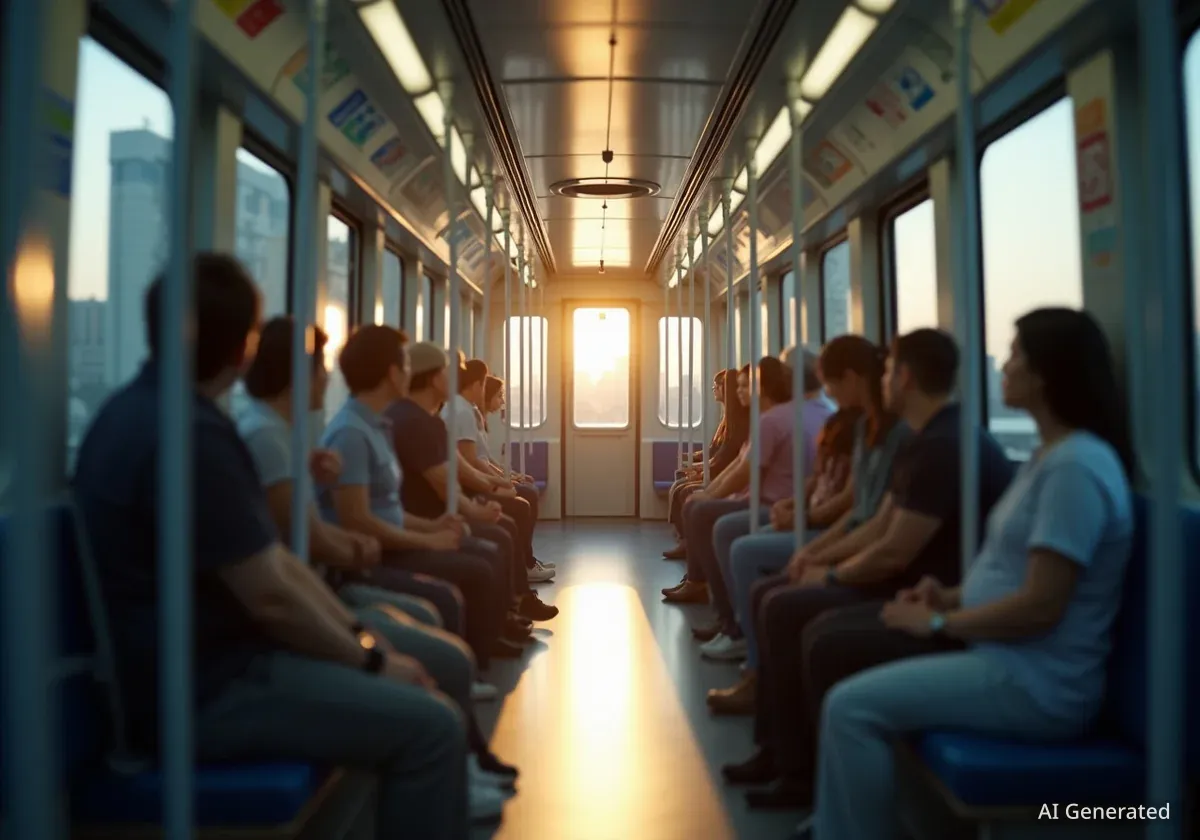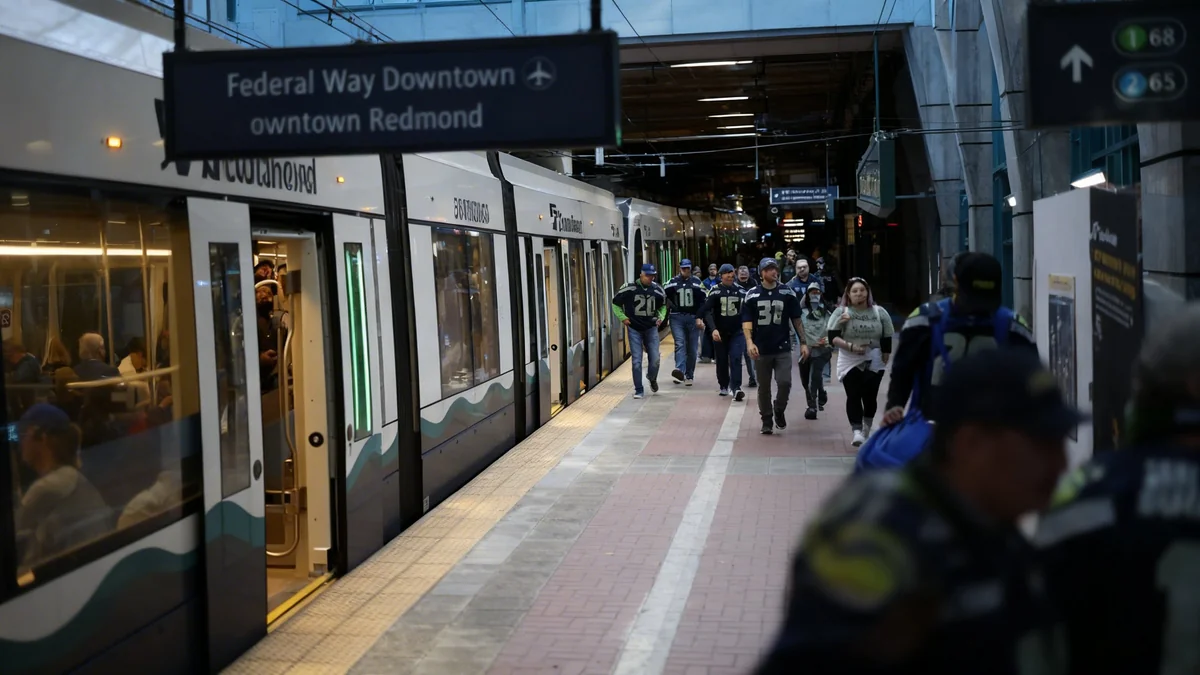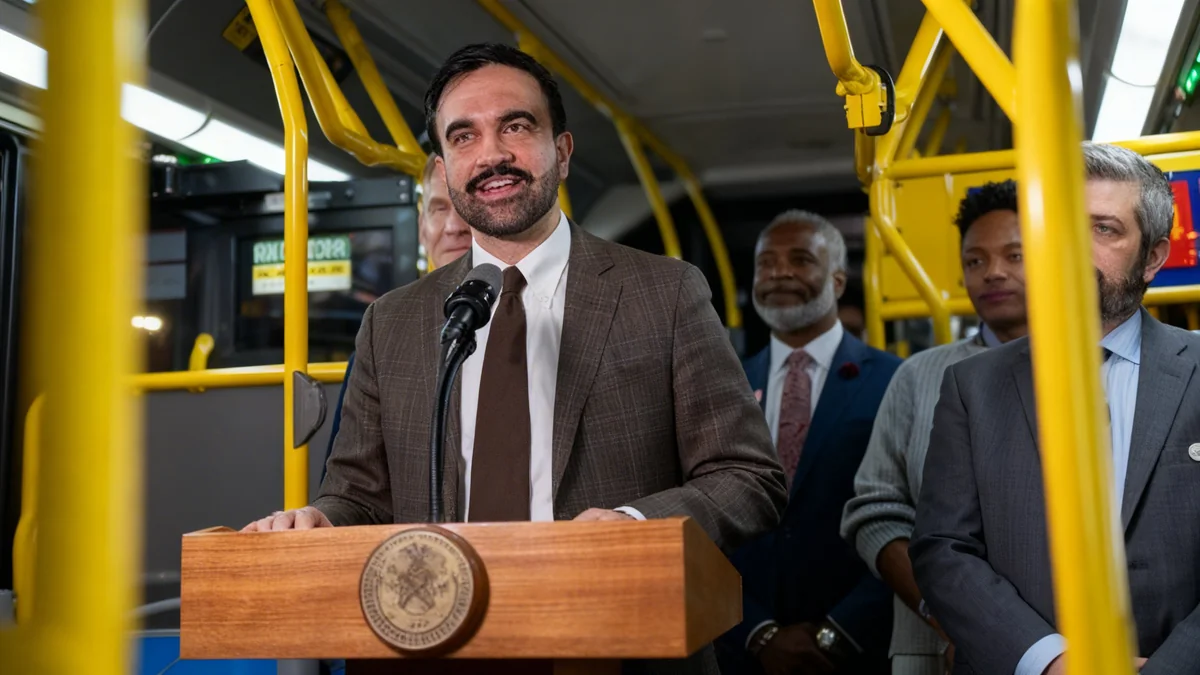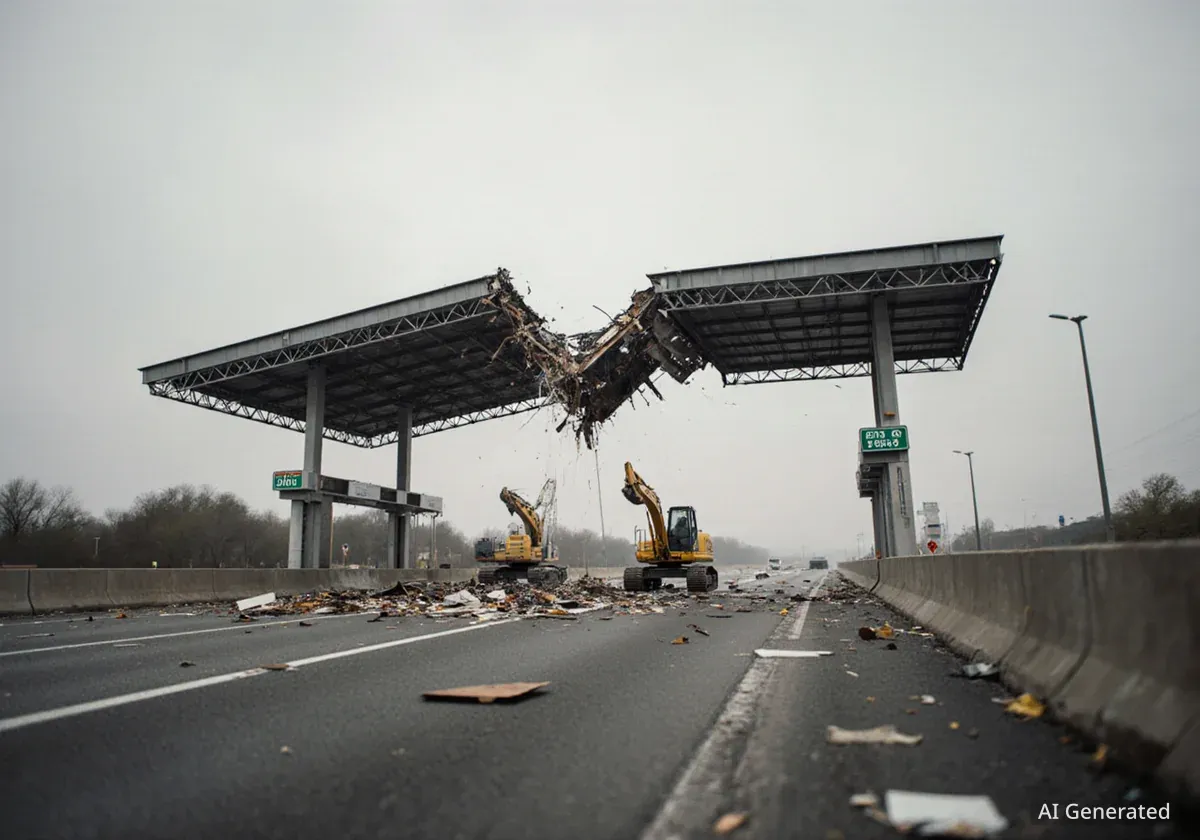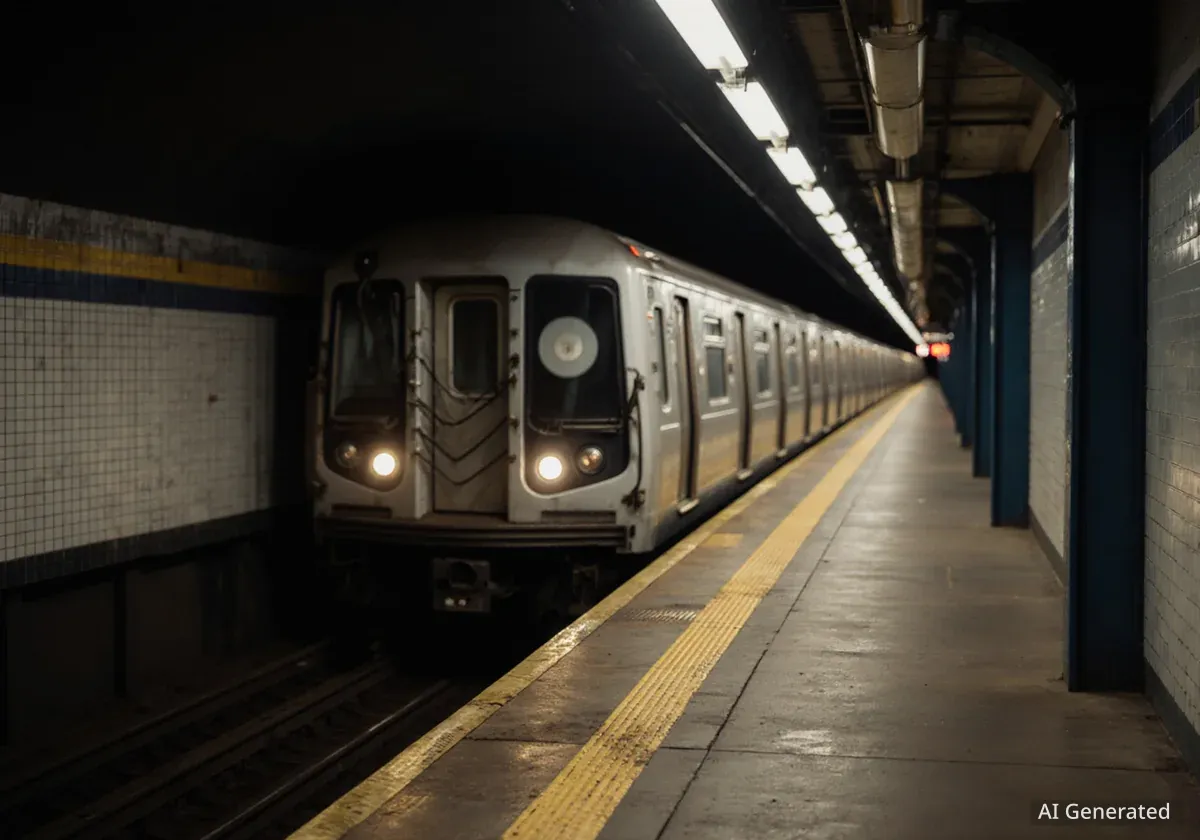Bangkok commuters will soon benefit from a new flat daily fare of 40 baht for unlimited rides on the Red and Purple electric train lines. This money-saving rate is set to begin on December 1, according to Transport Minister Phiphat Ratchakitprakarn. The initiative aims to reduce living expenses and encourage public transport use.
Key Takeaways
- 40 baht flat daily fare for Red and Purple lines starts December 1.
- Scheme runs for one year, until November 30 next year.
- Discounts available for students, elderly, and free travel for disabled persons and children.
- Utilizes EMV contactless payment for seamless transfers.
- Part of a broader plan for centralized rail management and a common ticketing system.
New Fare Policy to Ease Commuter Costs
Transport Minister Phiphat Ratchakitprakarn announced the new fare structure on Thursday, following the first meeting of a fare policy committee. The committee approved the daily flat-rate ticket as a key part of the Anutin government’s strategy to lower daily costs for residents.
The daily pass scheme will operate for one year, from December 1 this year to November 30 next year. This period allows authorities to assess its impact and public reception.
The 40 baht daily pass applies to the general public. However, specific groups will receive further benefits.
Daily Pass Rates
- General Public: 40 baht
- Students: 30 baht
- Elderly Passengers: 50% discount
- Persons with Disabilities & Children: Free of charge
- State Welfare Cardholders: Can use their monthly 750-baht travel allowance.
Seamless Travel Across Rail Lines
The new daily pass ensures seamless connectivity between the Red Line suburban railway and the Purple Line MRT system. It will use EMV contactless payment technology, including MRT and Mangmoom cards. This integration simplifies travel for commuters who use both lines.
The initiative builds on the success of a previous 20-baht flat fare policy. That policy, implemented on these two rail lines, has seen strong public support over the past two years. The minister highlighted this success as a foundation for the new, expanded program.
"This daily pass will make travel even more affordable and convenient, while also ensuring fiscal responsibility through targeted subsidies," Minister Phiphat stated.
Driving Public Transport Adoption
Beyond cost savings, the scheme aims to shift commuters from private vehicles to public rail transport. This move is expected to have a positive environmental impact by reducing traffic congestion and air pollution in urban areas. Bangkok's notorious traffic is a significant concern for residents and policymakers alike.
The previous Pheu Thai-led government had planned to cap fares at 20 baht across all seven metro rail systems in the capital region. This new 40-baht daily pass represents a significant step towards more affordable and unified urban transit.
Background on Bangkok's Rail Network
Bangkok's metropolitan area is served by multiple electric train lines, including the BTS Skytrain, MRT subway, Airport Rail Link, and the newer Red and Purple lines. Integrating these systems and their fare structures has been a long-standing goal to improve urban mobility.
Towards a Unified Ticketing System
The fare policy committee also endorsed a plan to centralize rail system management. This plan envisions a "single ownership" model, with the Mass Rapid Transit Authority of Thailand (MRTA) as the lead agency. The MRTA will be responsible for fare policy and developing a national common ticketing system.
Minister Phiphat noted that this initiative aligns with the forthcoming Common Ticket Act. This act will provide the legal framework for integrated fare systems and seamless travel nationwide. The goal is to create a truly connected and accessible transport network.
"This is not just about lowering costs today, but it is about building a transport system that is truly accessible, affordable, and connected for all," said Mr. Phiphat. "The daily pass and common ticketing system will make travel across Bangkok and its surrounding areas more unified, convenient, and cost-effective."
The move represents a significant step in Bangkok's urban development, aiming to enhance the quality of life for its residents by making daily commutes more manageable and environmentally friendly. The implementation on December 1 will be closely watched by millions of commuters.

